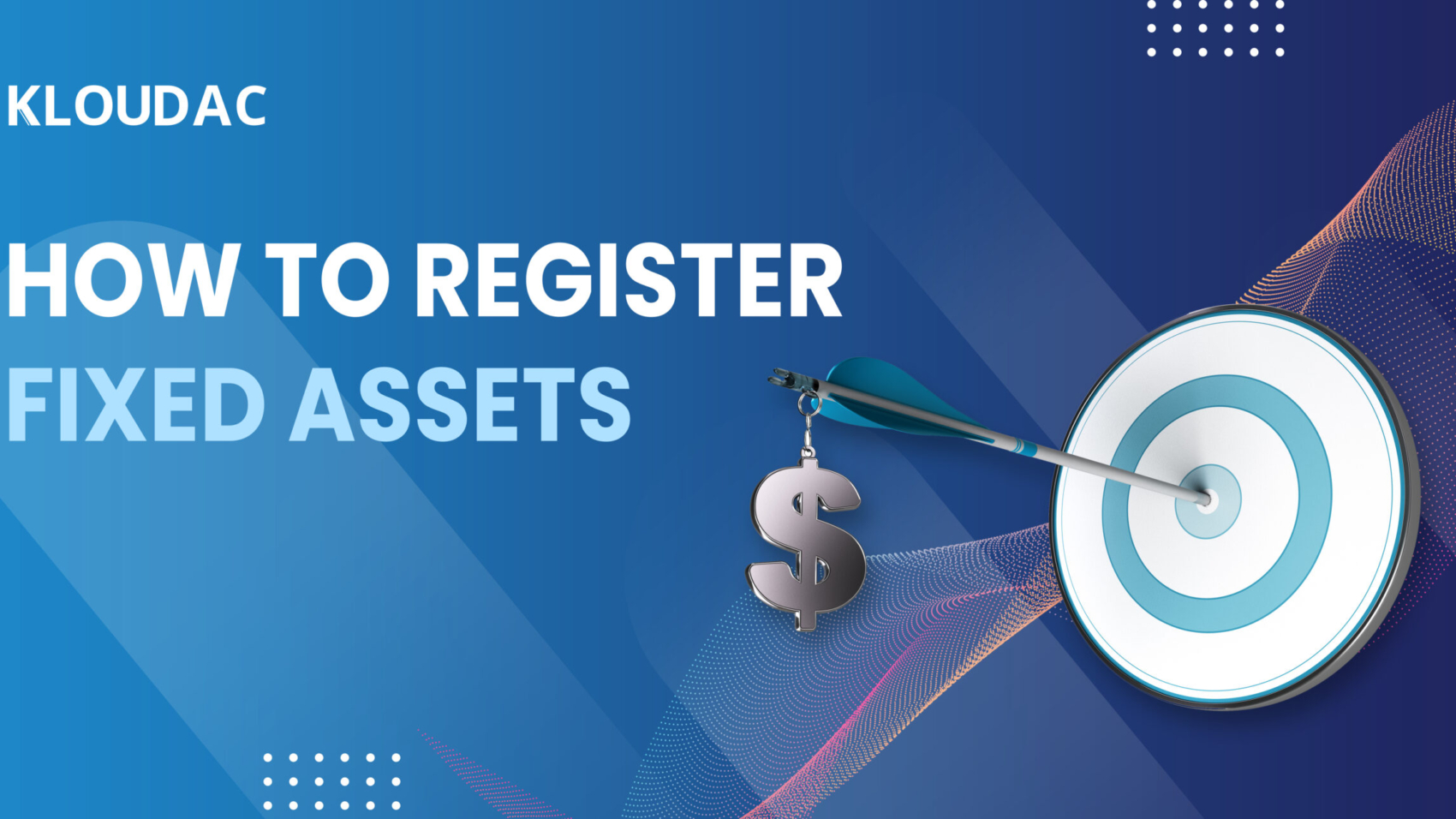Data analysis includes assessing a vast amount of information, which is why it is termed “big data.” As a result, choosing the appropriate tools and techniques for your data analytics is really important. Data analytics may provide some limited insight to nontechnical workers.
Additionally, you require more from your data analysis than just statistical summaries; you also need to comprehend the reasons behind the patterns in your data. Understanding the reasons behind the trends is much more important.
You can use tools to analyze big data. Real-time analytics can be used as one method of discovering much of this data. Through an executive dashboard, this kind of data analysis offers crucial information to decision makers both instantly and as needed.
You probably produce more than enough data, regardless of how small your organization is, to benefit from big-data technologies. As an illustration, your company most likely has a large number of information-rich spreadsheets, databases, and customer relationship management applications. These data sources can be combined with freely accessible technologies like Google Analytics and data sets that are offered commercially.
Five essential methods of data analysis utilized by small enterprises
Utilizing various data analysis methods that are centered on business and technology is advantageous for small organizations. In order to establish corporate resilience in 2022, the following five critical data analysis techniques are crucial:
1. Statistical Analysis
Large-scale data collection, exploration, and presentation are all parts of the statistical analysis process, which aims to find patterns and trends. To finish the statistical analysis, five steps are done, including.
- Data explanation
- Establishing links between the data and the population at large
- The development of a model to summarize these links
- Validation evidence for the model
- Future trends prediction
2. Analysis of Text (Data mining)
Using databases or data mining techniques, text analysis or data mining assists in finding a pattern in massive data sets. Data analysts can use it to turn raw data into insightful business insights. Data mining enables the extraction of data, its examination for patterns and linkages, and its interpretation for business choices. Data sourcing, data exploration, modeling, and model deployment are the steps that make up data mining.
3. Analytical Diagnostics
A type of advanced analytics called diagnostic analytics looks at data or information to determine “why it happened?” Techniques like drill-down, data discovery, data mining, and correlations are used to describe it. Diagnostic analytics refers to the use of data to identify the reasons behind trends and the relationships between different variables. This approach can be used for a variety of purposes, including assessing market demand, studying consumer behavior, enhancing corporate culture, etc.
4. Analyses that Predict
Based on historical data, statistical modeling, data mining methods, and machine learning, predictive analytics is used to create predictions about future outcomes. Based on data analysis, businesses utilize predictive analytics to detect potential risks and opportunities.
5. Prescriptive Analytics
In order to recommend the actions a firm should take to address a problem, prescriptive analytics analyzes data or content. This kind of analytics uses a variety of tools and methods, such as recommendation engines, complicated event processing, neural networks, graph analysis, simulation, and many more.
To fully utilize your data sets, you must have a specialist’s knowledge. Consider employing a consultant who can guide you on the correct path if hiring a full-time analyst is not feasible financially.
KLOUDAC Accounting Firm Dubai, UAE
KLOUDAC is a recognized accounting firm in Dubai, UAE with 15 years of service experience. We have built connections with over 500 customers. It has also won the certification of Xero Payroll and certification of Xero advisor from the world-leading online accounting software – XERO. Moreover, KLOUDAC is a golden champion partner of Xero.
Accounting and Bookkeeping are more convenient for the SMEs via KLOUDAC since they provide their clients with a whole package of services such as Financial Consultancy, Business setup, Audit and assurance services, Taxation services, Recognized accounting software, and more.









